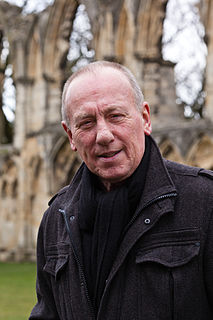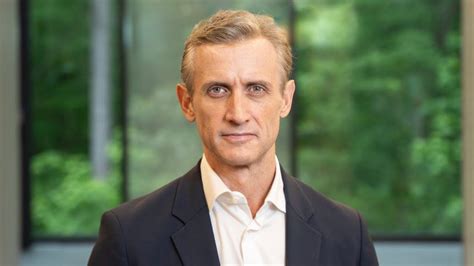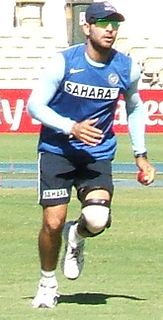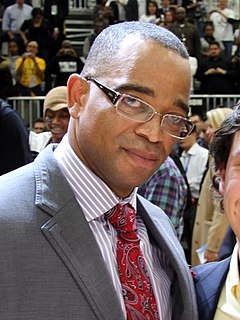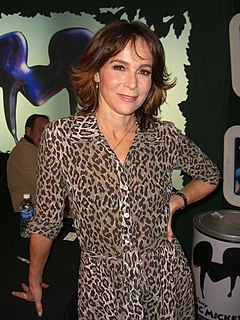A Quote by Christopher Timothy
One of the reasons I didn't tell people I had cancer was I thought it might affect work.
Related Quotes
My son died from cancer. My granddaughter died from cancer. I have a lot of reasons to think that reality is not a friendly neighborhood. And the stories that I tell distract me, and if I do the job right, they distract people from things that are happening to them that they wish had never happened.
They didn't tell me what type of cancer I had. They didn't tell me what stage I was in. They just told me, 'Mr Gomez, you have cancer.' My life flashed before my eyes. I thought about my kids, I thought about my wife. Nothing prepares you for the shock of someone telling you you have that horrible disease.
I had just finished playing a doctor in Doctors' and I had had to tell somebody that they had cancer. In that moment I thought, He's doing what I did!' We sat down and he said, I'm sorry, Mr. Timothy, but I've got bad news.' I thought, Oh!' He told me that they had found cancerous cells, but not a lot.
In no way, shape, manner, or form could the conservative movement or a conservative, a Burkean conservative could never, ever vote for some low-life like Donald Trump. It might affect their fundraising, which they need. It might affect their cruises, which they need. There could be any number of reasons for it, but in their minds it's rooted in principle.
In 1995, I was diagnosed with cancer, and I had to practice what I preached. I had always said to 'believe in God' and 'don't give up' to little kids who had been diagnosed with cancer. I then thought if I can't call on that same God and same strength that I told people about, I would be a liar and a phony.
At the time I discovered that I had prostate cancer, it was not long after my first wife had died, so my children had lost their mum. I felt that to tell them that I had prostate cancer, while I knew that I had it and there was a threat of some sort, I felt that it would be wise not to make things worse for them.
When they told me I had cancer - a very rare form called appendiceal cancer - I was shocked. But I went straight into battle mode. Every morning, I'd wake up and have an internal conversation with cancer. 'All right, dude,' I'd tell it, 'go ahead and hit me. But I'm going to hit you back even harder.'
You know, cancer is bipartisan. I mean, there are so many people whose lives are touched and changed by cancer that people are willing to work together to find cures, find solutions, make lives better for cancer patients. So I think people put politics aside. This isn't a political thing. This is a life issue.
